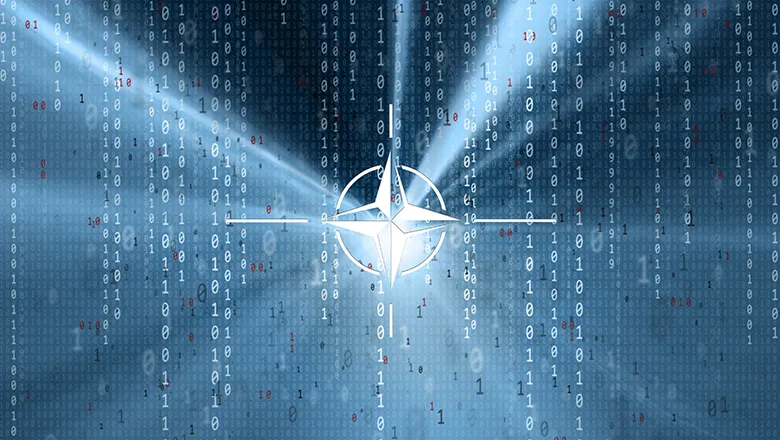13 September 2019
NATO's new generation
How War Studies students are part of efforts to neutralise emerging security threats

"Since wars begin in the minds of men, it is in the minds of men that the defences of peace must be constructed.” Preamble to the Constitution of UNESCO (1946)
NATO has reached its 70th birthday but faces a series of challenges to its relevance, from a resurgent Russia to a sceptical Trump. In this context it also has to adapt to seismic changes and priorities in security and warfare. Part of its response is to develop a greater focus on Strategic Communications- how it presents its work to the wider public in the context of social media, 24 hour news and increasing global interconnectedness.
NATO defines Strategic Communications as 'the coordinated and appropriate use of NATO communications activities and capabilities in support of Alliance policies, operations and activities, and in order to advance NATO's aims.' These include media engagement, public outreach and planned psychological activities.
Students from the Department of War Studies students have been given the opportunity to participate in and shape this new area of focus. Several attended the NATO Riga StratCom Dialogue as part of the KCSC – NATO Strategic Communications Centre of Excellence Summer Academy. The Summer Academy aims to expose students pursuing academic research to a practitioner environment, demonstrating their course more relevant to the real world of Strategic Communications.
Nara Pernama, student, said: "NATO Stratcom gave me the opportunity to meet people that I would not meet if it is not in NATO Stratcom Dialogue such as people from military, people from Latvian and European government, or journalists.Although people see strategic communications as a new emerging field, many people agree that it is relevant to almost every part of government."
Students attended conference and lectures while working there in teams on an applied research project. Dan Zafrir, student, added: "The conference gave me an insight into the professional opportunities I have in strategic communications in the diplomacy/defense worlds, as I am more attracted to public service. It gave me knowledge and contacts that could facilitate my entry into such a career. Academically, it allowed me to deepen my understanding of my topic of research and gain crucial validation from professionals and academics well-immersed in the field."
The product of this research will be published by NATO, offering an opportunity for our students to showcase their talents as they look to future employment. Watch the King's group's presentation here.
